A new study finds that the quality of our relationships later in life can affect our chances of developing chronic disease.


A new study finds that the quality of our relationships later in life can affect our chances of developing chronic disease.
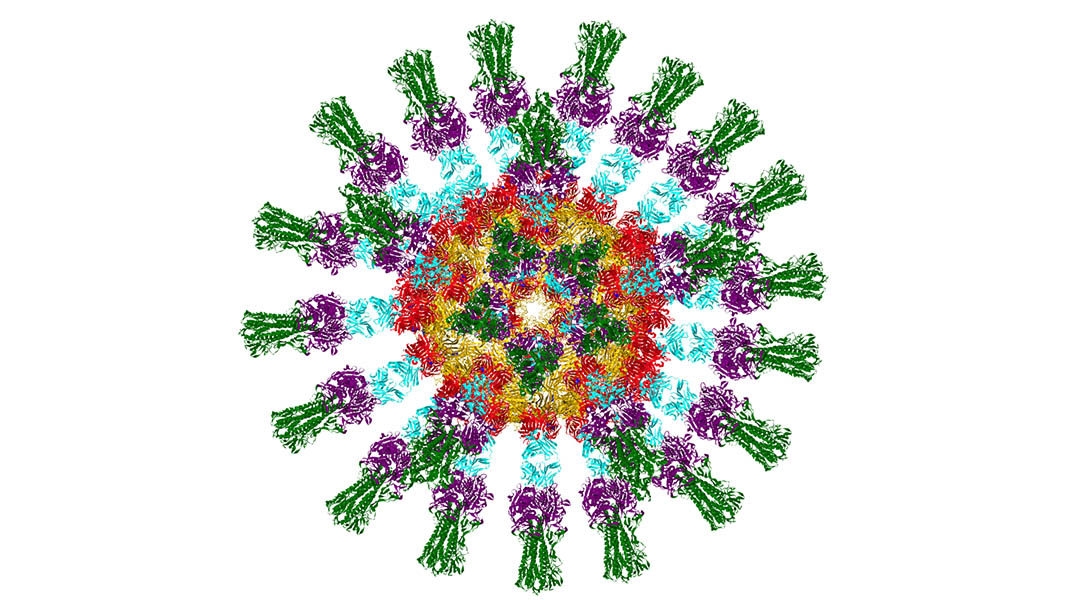
To create a flu vaccine that doesn’t require annual tweaking, researchers develop a nanovaccine that uses an inverted hemagglutinin protein.
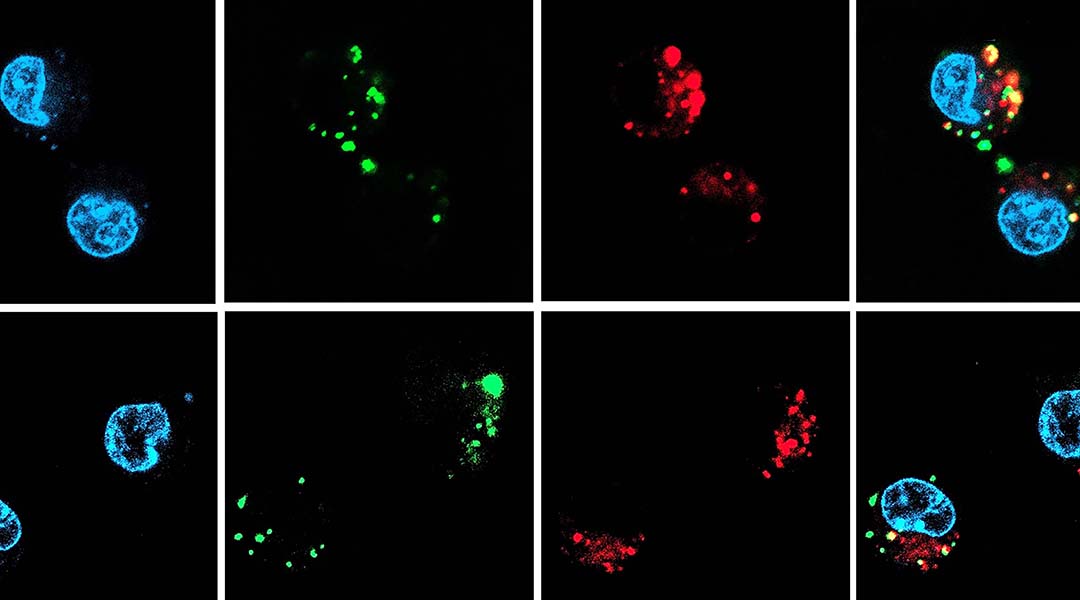
Drugs based on nucleic acids are easily degradable and tough to deliver, but a way around this is to coat them in protective carrier.
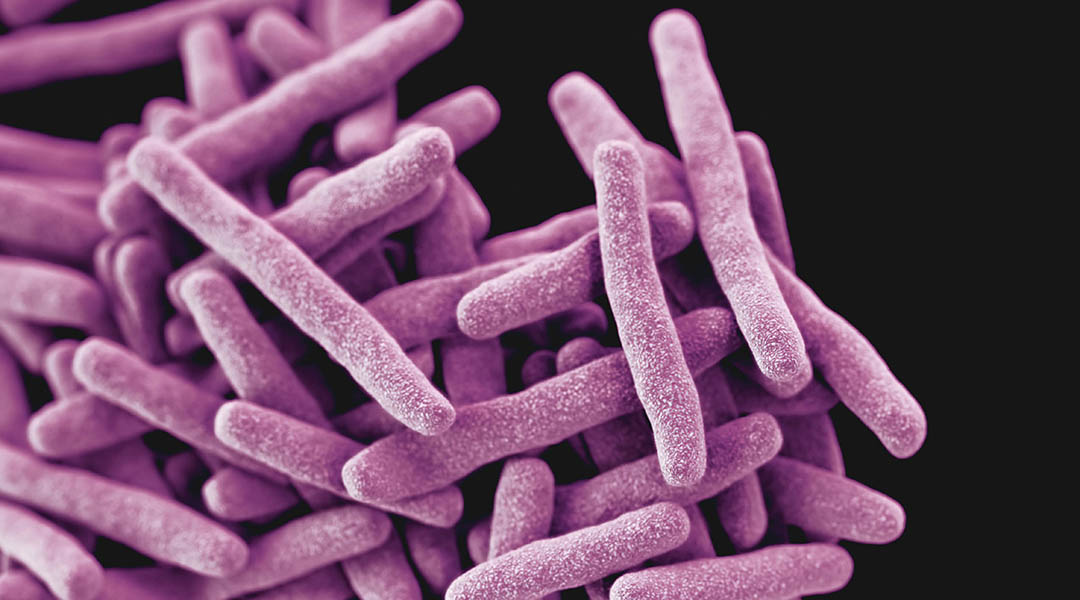
The genetic variant that causes Gaucher disease may have helped breakdown tuberculosis-causing bacteria in cells through lipid buildup.

Understanding the chemical language of love used by tsetse flies helps combat the spread of a lethal human parasite.
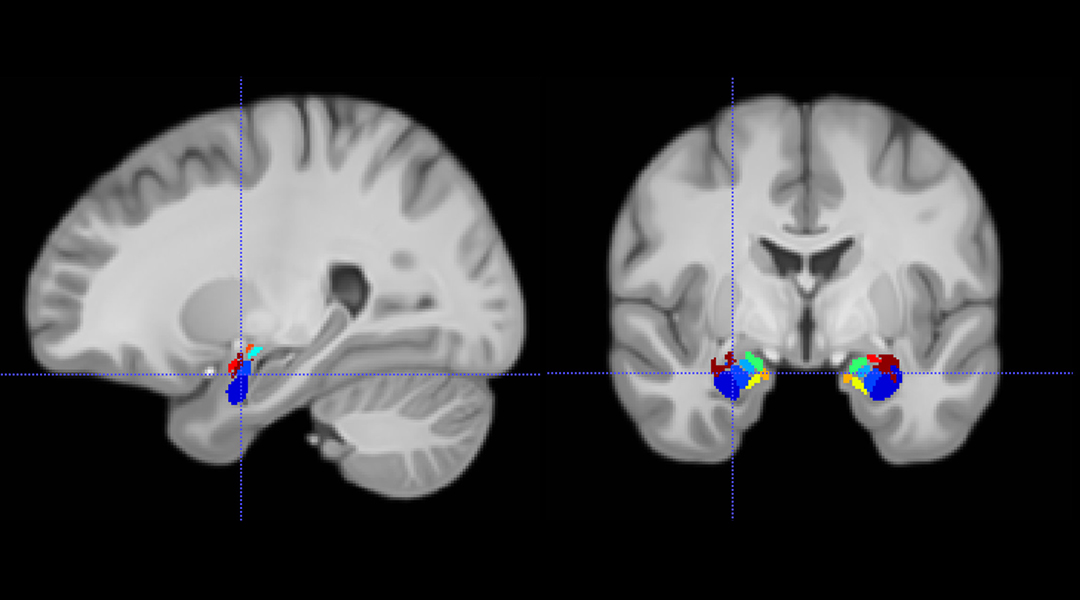
Understanding how our brain regulates emotional memory could help treat disorders such as depression or PTSD.
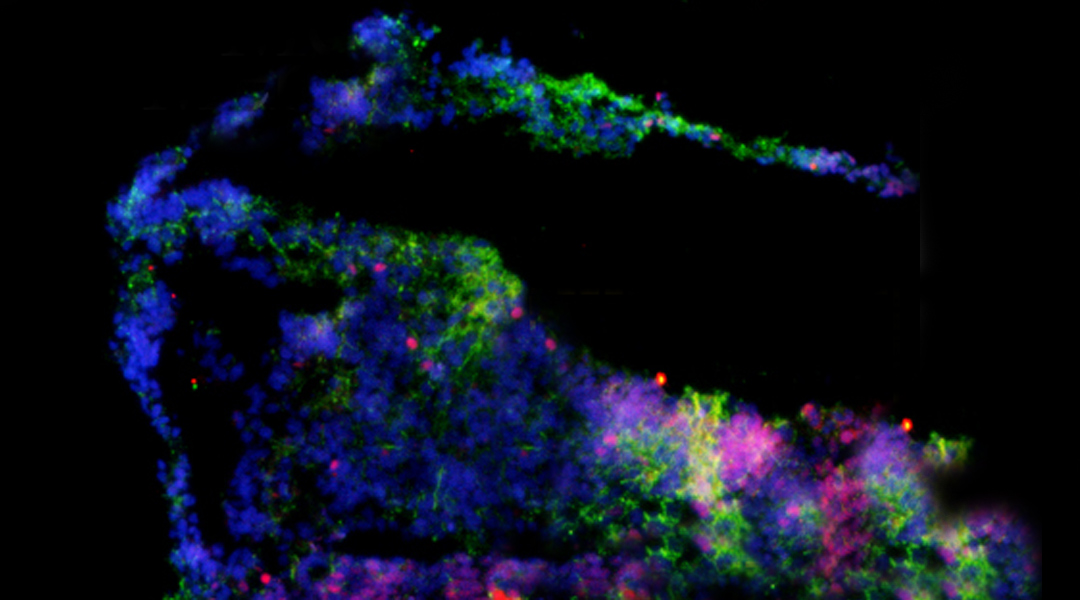
To mimic the the interconnected structure of the brain, model organoids can be connected together into larger assemblies.

Scientists are investigating how fullerene nanomaterials can be used as antivirals against different variants of SARS-CoV-2 and other viruses.
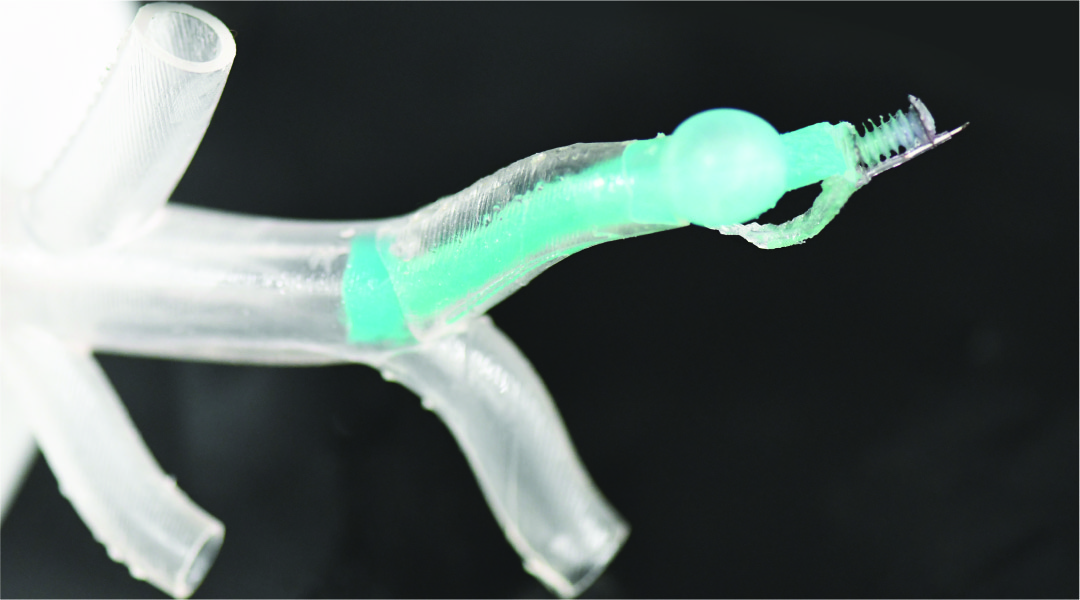
This tiny soft robot can be steered through the branches of the lungs without causing damage for safer diagnosis.
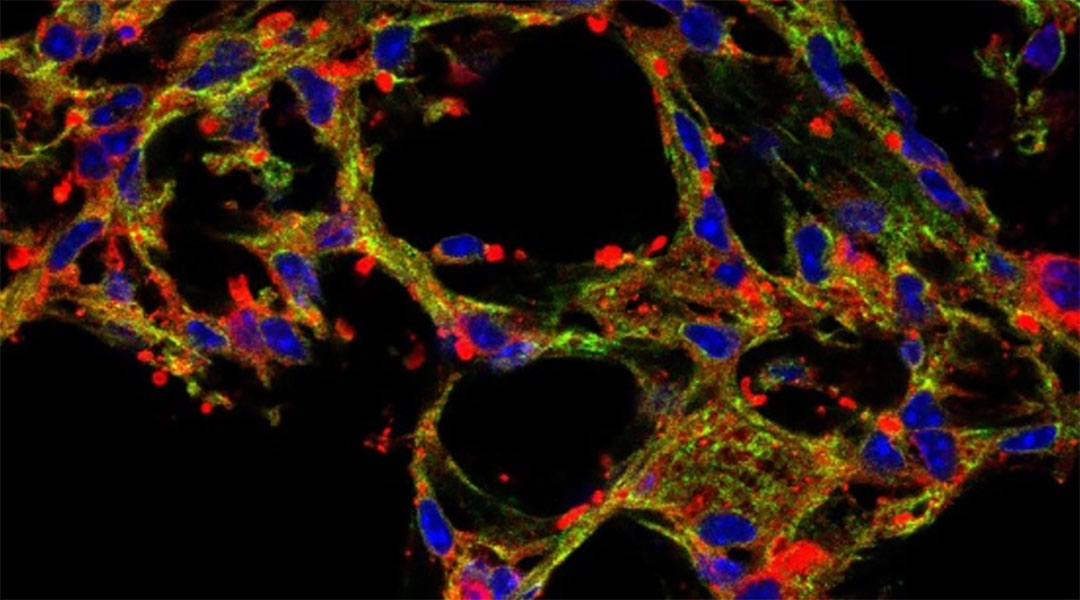
An inhaled drug carrier helps minimize side effects while delivering drugs to the lungs to treat diseases such as pulmonary fibrosis.